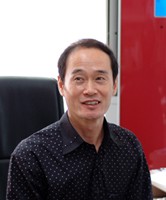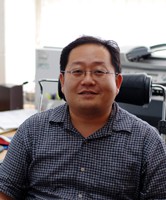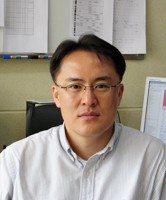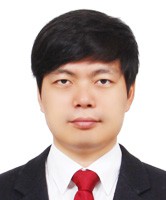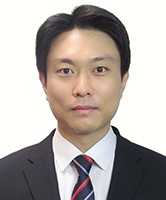KNU College Engineering.
Enjoy Engineering! Make Dreams Real!
Schools/Departments
- School of Mechanical Engineering
- School of Architecture
- DEPARTMENT OF MATERIALS SCIENCE AND METALLURGICAL ENGINEERING
- Department of Civil Engineering
- Department of Applied Chemistry
- Department of Chemical Engineering
- Department of Polymer Science and Engineering
- School of Materials Science and Engineering
- Department of Textile System Engineering
- Department of Environmental Engineering
- School of Energy Engineering
Home Schools/Departments> Department of Textile System Engineering
Department of Textile System Engineering
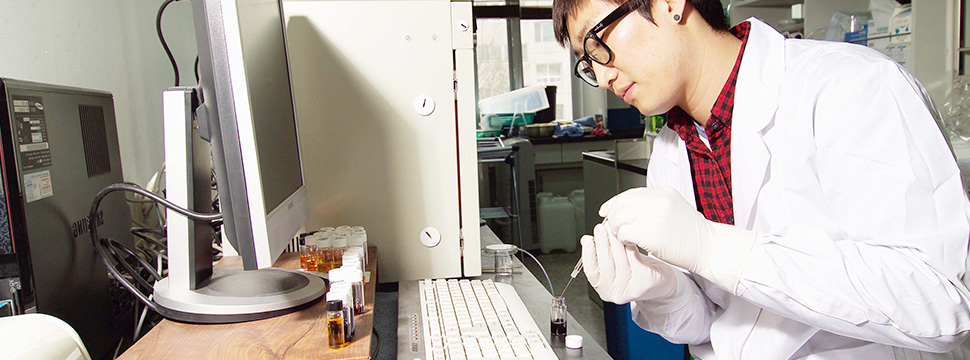
Department of Textile System Engineering
- + 82-53-950-5638
History
The Department was established in 1987 for the purpose of providing highly qualified textile chemists and engineers to textile-related industries, in particular for the dyeing and finishing technologies. Seven faculty members are teaching students and carrying out research in the department. One Hundred seventy students have graduated with Bachelors degrees and seventeen with Masters degrees and three with Doctor of Philosophy degrees.
Objective/Scope
The Department of Textile System Engineering offers the most comprehensive fibers, polymers, dyes, dyeing and finishing majors in Korea. The department provides students with a broad knowledge base in fiber physics and fiber chemistry, as is relevant to the study of textile system engineering. The faculty are recognized nationally and internationally for their research and teaching activities. Students of the department work with professors to select a particular area of emphasis in textiles. The department prepares students for advanced studies in textile engineering, or related fields in the sciences, or careers in textiles and materials such as production, testing, technical service, marketing, textile journalism, and design as well as research and development.
Undergraduate/Graduate Program
The undergraduate program is designed to provide students with a comprehensive background in the field of pure and applied chemistry, including an emphasis on dye chemistry, and textile science as well as dyeing and finishing. The graduate program offers a course of studies leading to the degrees of Master of Science and Ph.D. The research fields of the faculty members are as follows : fiber and polymer materials, functional dye, smart fiber and polymer, textile finishing, digital colorant, nanobio-materials, color and coloration research, functional materials lab. for energy & environment. Graduates of the department have been employed in a wide variety of companies such as chemical companies, textile companies, and dyeing and finishing industries, working as plant managers or researchers. Those who want to study further in an advanced field can enter the graduate school.
